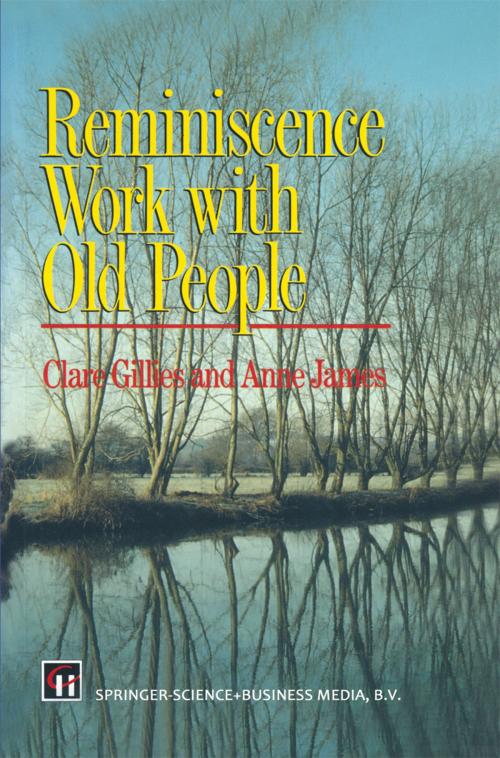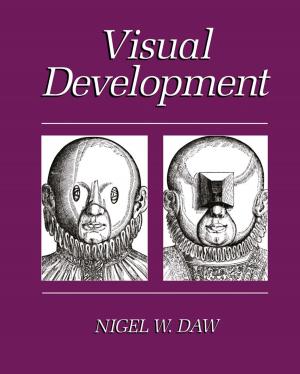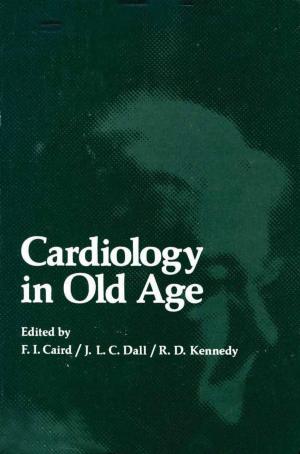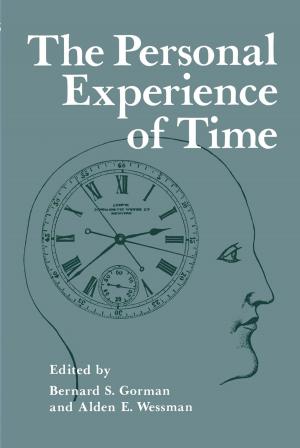Reminiscence Work with Old People
Nonfiction, Health & Well Being, Psychology, Psychotherapy, Medical| Author: | Clare Gillies, Anne James | ISBN: | 9781489929853 |
| Publisher: | Springer US | Publication: | November 11, 2013 |
| Imprint: | Springer | Language: | English |
| Author: | Clare Gillies, Anne James |
| ISBN: | 9781489929853 |
| Publisher: | Springer US |
| Publication: | November 11, 2013 |
| Imprint: | Springer |
| Language: | English |
Perhaps being old is like having lighted rooms Inside your head, and people in them, acting People you know, but can't quite name. Philip lArkin This book is about those very old people who have a great many memories but few friends left to share them with. It is about valuing and using their memories to enhance the quality of their lives, that is, about reminiscence work. Many professionals offer this help to older people, including nurses, social workers, occupational therapists and clinical psychologists, as do families and voluntary workers. Its elements can be incorporated into day-to-day contacts with older people or it may take place in more structured settings. The transitional period from mature middle age to dependent old age is neither distinct nor precise. It does not occur at an identifiable time, it may be prolonged and it may not be obvious to the old people or their families. Loss of autonomy; the inability to cope unaided with the tasks of daily living, and increasing physical and mental frailty probably signal the area of transition. The diminished self-confidence that some old people feel at this time may be compounded by personal loss and financial difficulties; enforced changes in their lifestyles may also add to their confusion.
Perhaps being old is like having lighted rooms Inside your head, and people in them, acting People you know, but can't quite name. Philip lArkin This book is about those very old people who have a great many memories but few friends left to share them with. It is about valuing and using their memories to enhance the quality of their lives, that is, about reminiscence work. Many professionals offer this help to older people, including nurses, social workers, occupational therapists and clinical psychologists, as do families and voluntary workers. Its elements can be incorporated into day-to-day contacts with older people or it may take place in more structured settings. The transitional period from mature middle age to dependent old age is neither distinct nor precise. It does not occur at an identifiable time, it may be prolonged and it may not be obvious to the old people or their families. Loss of autonomy; the inability to cope unaided with the tasks of daily living, and increasing physical and mental frailty probably signal the area of transition. The diminished self-confidence that some old people feel at this time may be compounded by personal loss and financial difficulties; enforced changes in their lifestyles may also add to their confusion.















